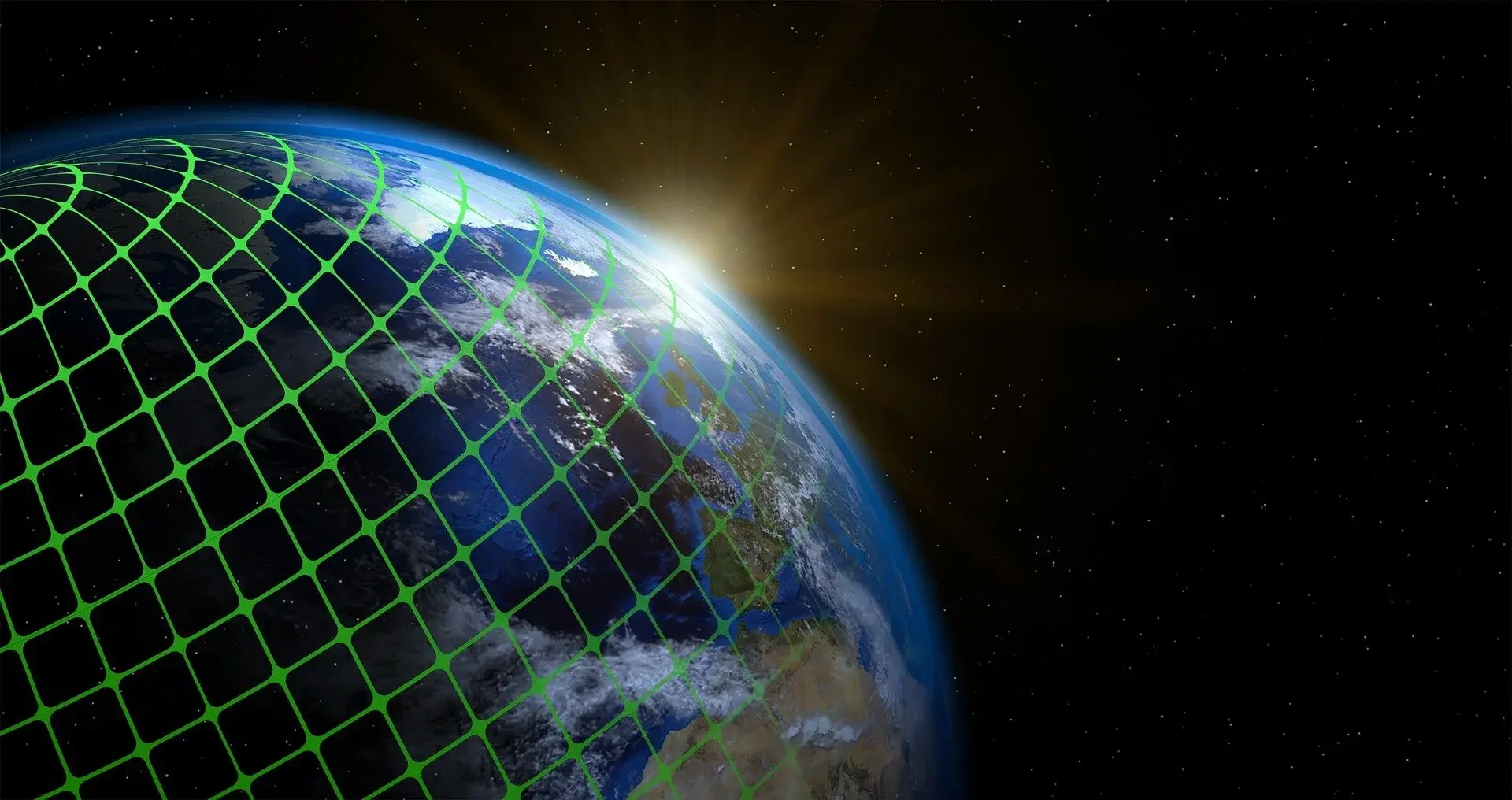The simulated universe theory implies that our universe, with all its galaxies, planets and life forms, is a meticulously programmed computer simulation. In this scenario, the physical laws governing our reality are simply algorithms. The experiences we have are generated by the computational processes of an immensely advanced system.
While inherently speculative, the simulated universe theory has gained attention from scientists and philosophers due to its intriguing implications. The idea has made its mark in popular culture, across movies, TV shows and books—including the 1999 film “The Matrix.”
The earliest records of the concept that reality is an illusion are from ancient Greece. There, the question “What is the nature of our reality?” posed by Plato (427 BC) and others, gave birth to idealism. Idealist ancient thinkers such as Plato considered mind and spirit as the abiding reality. Matter, they argued, was just a manifestation or illusion.
Fast forward to modern times, and idealism has morphed into a new philosophy. This is the idea that both the material world and consciousness are part of a simulated reality. This is simply a modern extension of idealism, driven by recent technological advancements in computing and digital technologies. In both cases, the true nature of reality transcends the physical.
Within the scientific community, the concept of a simulated universe has sparked both fascination and skepticism. Some scientists suggest that if our reality is a simulation, there may be glitches or patterns within the fabric of the universe that betray its simulated nature.
However, the search for such anomalies remains a challenge. Our understanding of the laws of physics is still evolving. Ultimately, we lack a definitive framework to distinguish between simulated and non-simulated reality.



My biggest issue with simulation theory is that original basis seems to be the assumption that whatever universe is simulating our own must follow the same rules as our own. However, that’s not true in the slightest.
We simulate worlds that operate under different rules than our own all the time. While they aren’t anywhere near as complex as our reality, we’re at least able to dream of worlds with magic or faster-than-light travel. In a few hundred (or maybe thousand) years, who knows, we might be able to simulate a reality that follows 90% of our physical laws while also allowing for magic.
For all we know, if our universe is a simulation, it could be a magical simulation of a mundane world, taking place in a scholarly wizard’s guild because they wanted to see what a mundane reality would look like.
Dwarf Fortress Version 0.8 release
In your first paragraph, are you referring to an assumption that the simulators would be running lots of what I think I’ve seen called grandfather simulations?
It’s the assumption that if it’s possible to build a simulation in our reality, then it’s possible that our reality is in a simulation. However, if we can’t build a simulation in our reality, then we don’t live in a simulation. That binary assumes that whatever our parent reality is (assuming there is one), it must follow the same rules as our own. However, what I’m saying is that we can’t infer the nature of a possible parent reality by comparing it to our own, because that reality may be completely different.
The argument is just about how the known probability of existing in a simulation goes up the more intelligent life we know to have existed in a simulation. Keyword being “known” as it’s the knowing, for a fact, that the odds exist that makes for an interesting thought experiment, especially when the odds of simulation are higher than not.
The actual probability is inherently unknowable for the reasons you’ve pointed out.